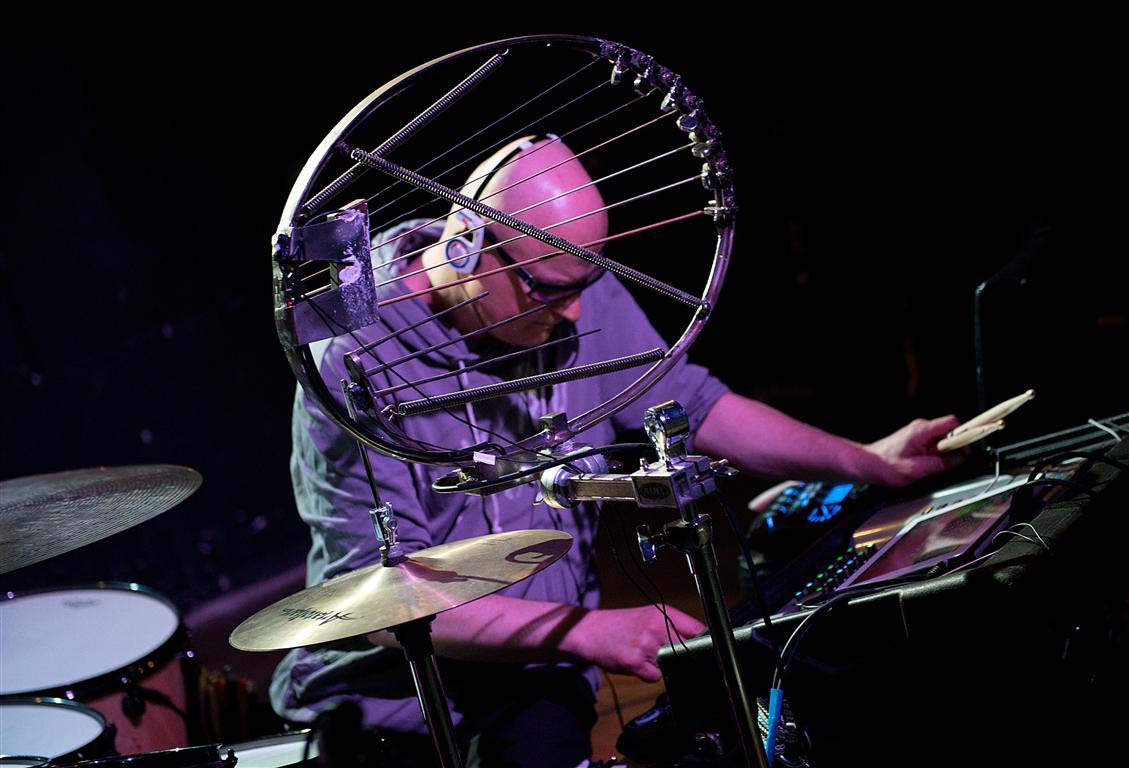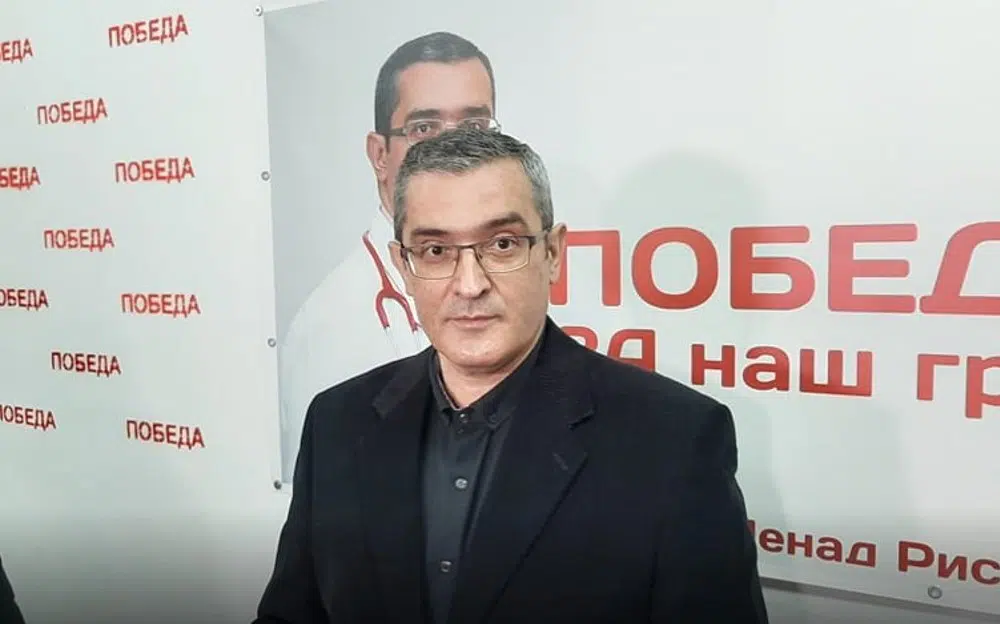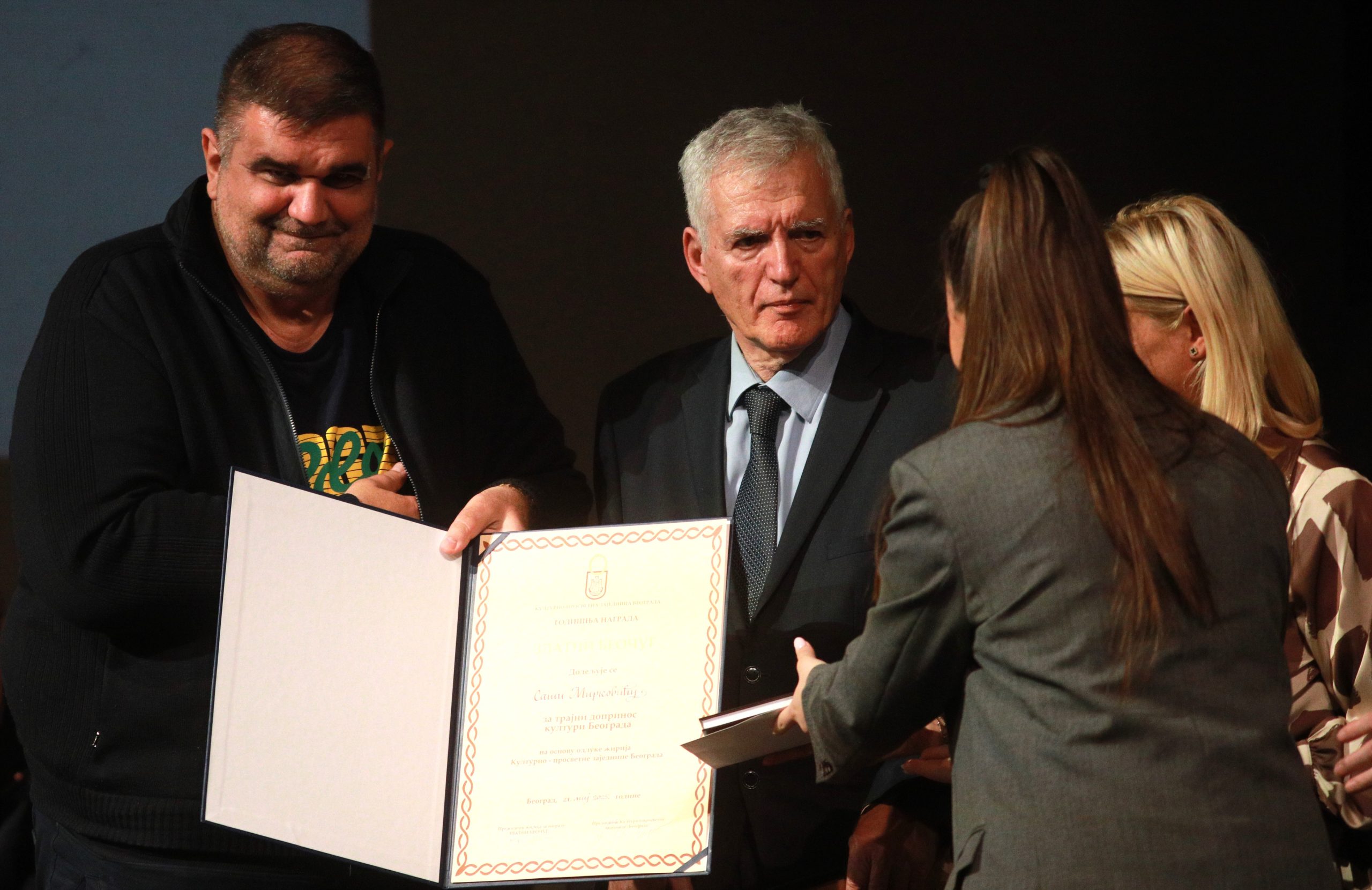As we really make decisions – BBC News in Serbian
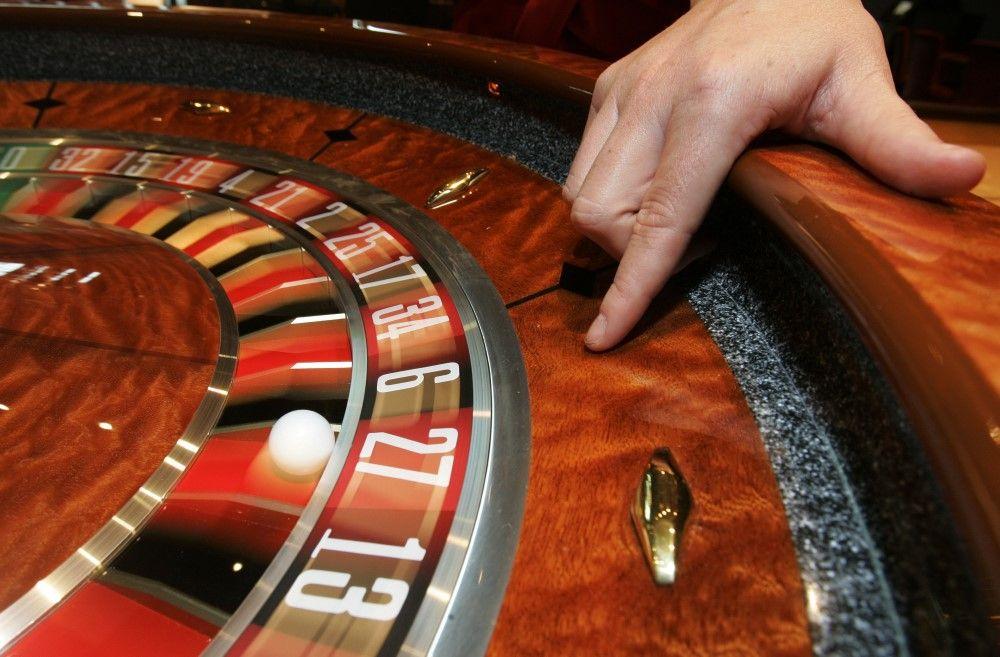
With every decision you make, every court you bring, a battle takes place in your brain – the battle between intuition and logic.
And the intuitive part of our brain is much more powerful than you could think.
Most of us like to think that we are able to make rational decisions.
Perhaps we occasionally we rely on intuition, but if necessary, we can invite our mind to come to a logical decision.
We like to think our beliefs, courts and opinions are based on solid reasoning.
But we may need to think a little better.
Professor Danijel Kaneman, from the University of Prinston, launched a revolution in our understanding of the human mind.
It was a revolution that led to that Gets Nobel Prize.
Its insights into how our mind works originates from the mistakes we make.
And not random mistakes, but systemic omissions that we all make, all the time, unaware of doing it.
Professor Kaneman and his late colleague Ejmos Tver, who worked at the Hebrew University in Jerusalem and Stenford, realized that we actually have two systems of opinion.
There is aware, the logical part of our mind that is capable of analyzing the problem and to reach a rational response.
It’s part of your mind you are aware of.
He is professional to solve problems, but it is slow, requires a lot of energy and is extremely lazy.
Even the act of walking is enough to get busy most of our conscious mind.
If you are prompted to solve a complicated problem while walking, you will most likely stop, because your conscious mind cannot deal with both tasks at the same time.
If you want to test your own ability to pay attention, try the invisible gorilla test that devised Kris Chabris, with College of Junio in New York, and Danijel Simons from the University of Illinois.
But there is another system in our mind that is intuitive, fast and automatic.
This quick mindset is incredibly powerful, but completely hidden.
He is so powerful that she actually credited with most of the things we are talking, we are working, we think and believe.
And yet we have no idea that it happens.
This system is our hidden auto-pilot and has a mind for yourself.
Sometimes it is also known as a stranger in us.
Most of the time, our fast, intuitive mind keeps control, efficiently takes responsibility for thousands of decisions we bring every day.
The problem arises when we allow our quick, intuitive system to make decisions that we should leave to our slow, logical system.
There are mistakes.
Our opinion is with systemic errors that psychologists know as cognitive bias.
And they affect everything we do.
They state us to impulse us impulsively, that we are excessively influenced what other people think.
They affect our beliefs, our opinions and our decisions, and we have no idea that it happens.
It may be hard to believe, but it is because our logical, slow mind master to invent pronunciation.
Most beliefs or opinions come from automatic reactions.
But then your logical mind subsequently inventes the reasons why you think something or believe.
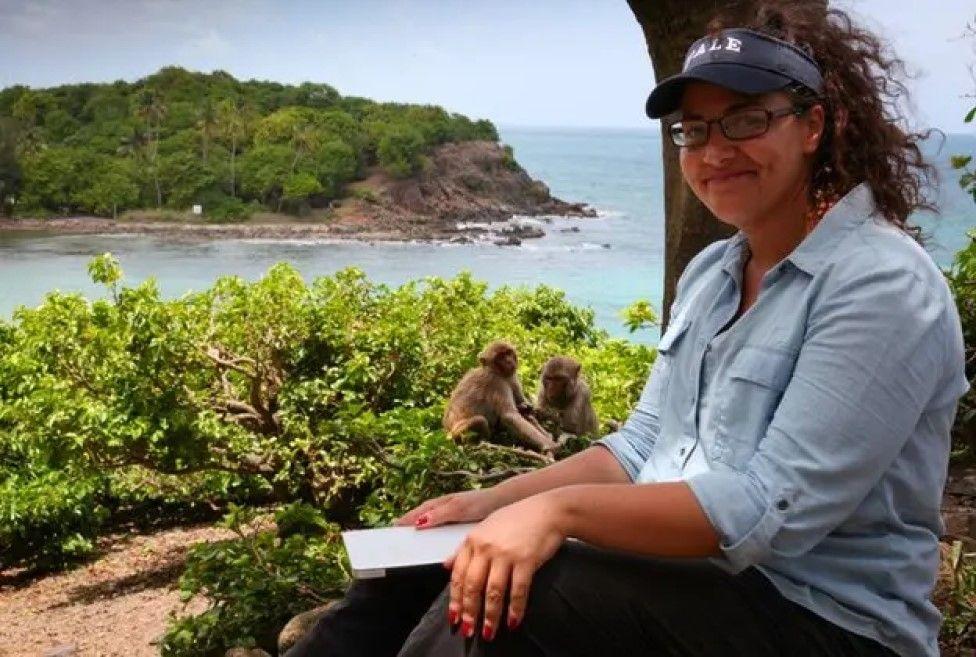
According to Daniel Kaneman, « If we think we have a reason to believe in something, it is often a mistake. Our beliefs, our desires and our hopes are not always rooted in reasons. »
Since Kaneman and Tver, first investigated this radical representation of our mind, a list of identified cognitive bias only grew.
« The bias of the present » makes us pay attention to what happens now without worrying too much for the future.
If I offer you half a box of chocolate in a year or a whole box of chocolate for a year and one day, you’ll probably choose to wait for one extra day.
But if I offer you half a box of chocolate now or a whole box of chocolate tomorrow, you’ll probably take half a box of chocolate now.
It is the same difference, but waiting for an additional day in a year acts insignificant.
Waiting for one day at this time it seems impossible when you are faced with a momentary promise to get chocolate.
According to Professor Den Arieli, from Djuk University in North Carolina, this is one of the most important bias: « It is a bias that leads to things such as overeating, smoking, sending messages in driving and unprotected sex, » he explains.
The bias of confirmation preference is to seek information that confirms what we already know.
That is why we tend to buy newspapers that are in line with our views.
There is a bias of subsequent mind, halo effect, reflector effect, aversion to the loss and negativity bias.
This last is bias that means that negative events are much easier to remember from positive ones.
This means that on every quarrel you have in a relationship, you must have five positive memories to keep yourself on a positive zero.
The areas of our lives in which these cognitive bias can cause the most accidents anything that has anything to do with money.
Professor Kaneman received the Nobel Award precisely for work in this field – not for psychology (there is no award for her), but for the economy.
His insights have led to the establishment of a completely new branch of economy – behavioral economy.
Kaneman realized that we react differently on losses in relation to winnings.
We feel the pain of financial loss much more stronger than the pleasure of gain.
Even calculated and true for how much.
If you lose 10 euros today you will feel the pain of that loss.
But if you find some money tomorrow, you will need to find 20 euros to compensate for a feeling of 10 euros.
This is an aversion to the loss, and its cumulative effect can be catastrophic.
One difficulty with a traditional economic look is that it is prone to assume that we all bring rational decisions.
The reality works completely different.
Behavioral economists are trying to form an economic system based on the reality of what we are actually making decisions.
Den Arieli claims that the implications of ignoring this research are, that the regulators listened to behavioral economists from the beginning, and we would not have this incredible growth in the real estate market, and we would not have this financial disaster, « he says.
These bias affects us all, whether we choose a cup of coffee, buy the car, lead the investment bank or collecting military intelligence.
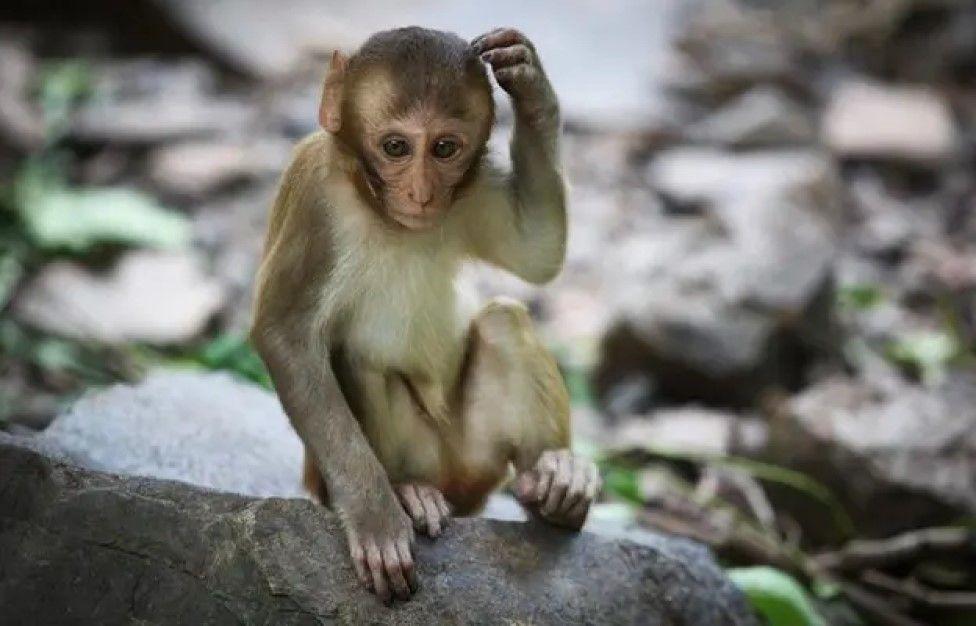
What, then, should we work?
Doctor Lori Santos, psychologist from the Jale University, explores how really deeply implanted these bias really are.
Until we know evolutionary origin of these two different thinking systems, we will not know if we can change them.
Dr. Santos taught a group of monkeys to serve with money.
She called it a monkeyoconomy and wanted to know if monkeys would make the same stupid mistakes as people.
She learned monkeys to use the tokens to buy treats and discovered that monkeys also express aversion to the loss – making the same mistakes as people.
Its conclusion is that these bias are so deeply rooted in the evolutionary past that it is impossible to change them.
« What we learned from monkeys is that if this bias is really so old, if we really led this strategy for the last 35 million years, simply decide that we will not function it.
« We need other ways to make you avoid those traps, » she explains.
We may not be able to change ourselves, but if we are aware of our cognitive restrictions, we may be able to build an environment around us so that our probable mistakes are included.
Dan Arieli is the best summarized this: « We are limited, we are not perfect, we are irrational in various ways. »
« But we can build a world that is compatible with this and that allows us to make better decisions instead of worse decisions. It is my hope. »
Follow us on Facebook, Twitter, Instagram, Jutjubu and Vajiberu. If you have a topic suggestion for us please contact (Email Protected)

